Talking about water in food (waste)
At Engaging Society, we know that the overuse, treatment, and disposal of freshwater is a global challenge of sustainability. In our homes, the value of water is undoubtedly huge and almost certainly the benefits (health, hygiene, dignity) continue to be underappreciated; as water comes out of the faucet as intended, it remains a dependable element of our comfortable lives. But as our contribution to the UN Water Days 2021, we will spotlight another water issue that is on our plate yet remains largely concealed; the water that is required to produce the food that we eat - and the food that we don’t.
Freshwater is an essential input to grow crops and to rear livestock. Globally, agriculture places the biggest demand on freshwater resources and an escalating concern is the quantity of freshwater abstraction that is required for irrigation - an agricultural method which generally supports productivity gains but at an environmental cost. In Europe, 59% of freshwater use is to meet demands of agriculture and it is likely that as a consequence of changing diets and climate change - hotter temperatures and increased periods of drought –water demand will become more aggressive in the coming years. As is the case with so many climate issues, this in turn will likely exacerbate the problem.
Water is required in the production of food, and food (along with water) is essential for human survival. So, even though there is always room to benefit from resource efficiency gains, water in food production is still in a broad sense being put to good use and it is hard to argue against that. But unfortunately, that is not the whole picture. The UNEP recently released a report which stated that in Europe 70 kilograms of food is wasted per person per year and a staggering 8-10% of global GHG emissions are attributed to food which is not consumed; that is food lost in retail, in foodservice industries and at home, with household waste being the worst culprit. The water - and myriad of other resources - used to produce food that is thrown away is completely lost. To give some perspective, it takes about 1,500 litres of water to produce 1 kilogram of wheat, and it takes 10 times more (15,000 litres) to produce the same amount of beef – roughly the equivalent of leaving a garden hose running for 15 hours.
To us the value of water (beyond just water itself) lies in food. Our team resides mostly in western Europe where food is an enormous part of the culture and of personal identity. Cooking and eating are a means to socialize, to relax, and they stimulate community connections. Valorising water in the production of food is therefore important for us to comprehend the sustainability of our most favourable pastimes. Agriculture as a process is laborious and resource intensive and yet the thought we give to our food purchasing is cursory. The evidence? The absence of value placed on something through the act of throwing it away.
We all have a role to play as there are changes that can be made to daily behaviour to address the sustainability of water, and climate change to which the issue is inextricably linked. We have to start with people. Take an approach that considers the reality of everyone and ends social silence of the problem. We need to speak, engage and inspire. Water is fundamental to life and to well-being, and we must learn to value it for its true worth. Like the irksome dripping of a leaking tap, water intensive agriculture and the way we (tr)eat food can no longer be an issue that is ignored.
‘Water means different things to different people’ and that is why ES4S is joining the conversation this World Water Day. What does water mean to you? Follow the discussion and contribute your experiences with #Water2Me.
The United Nations World Water Day takes place on 22 March 2021.

